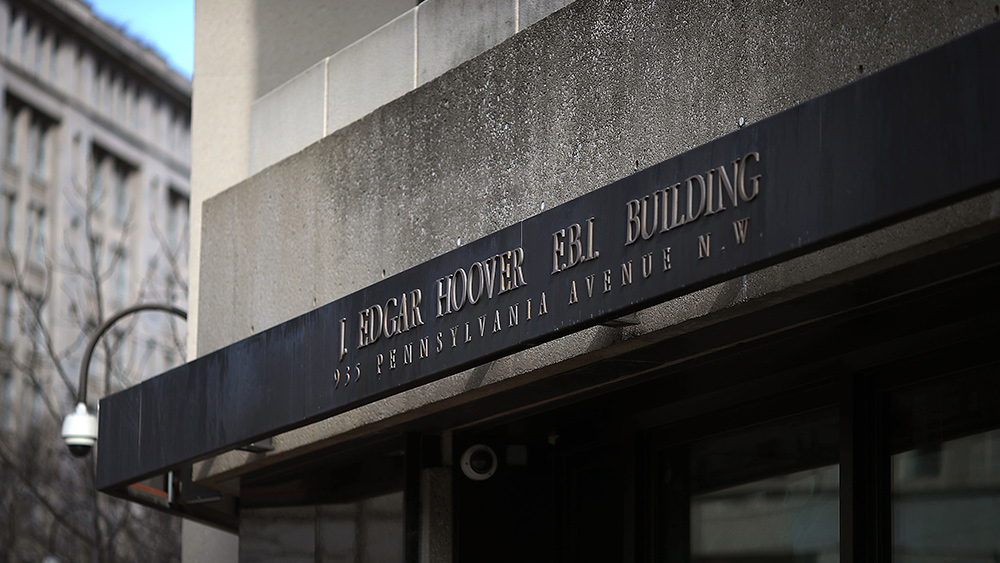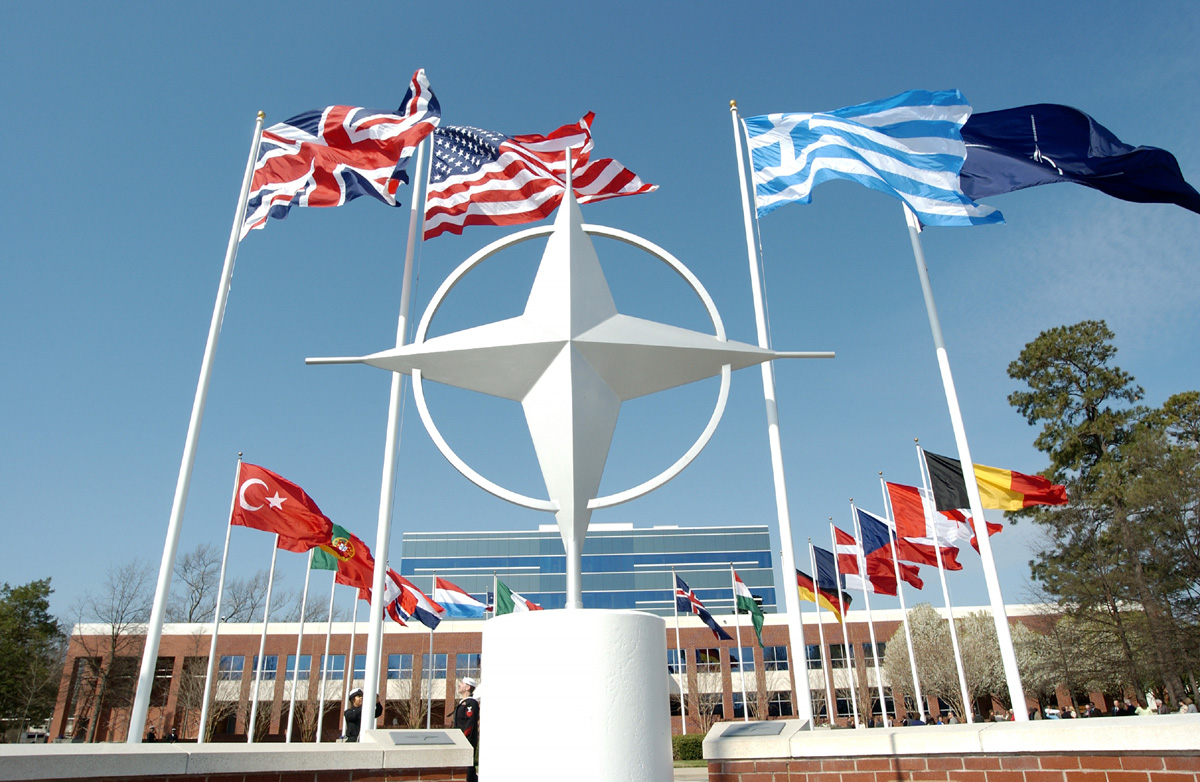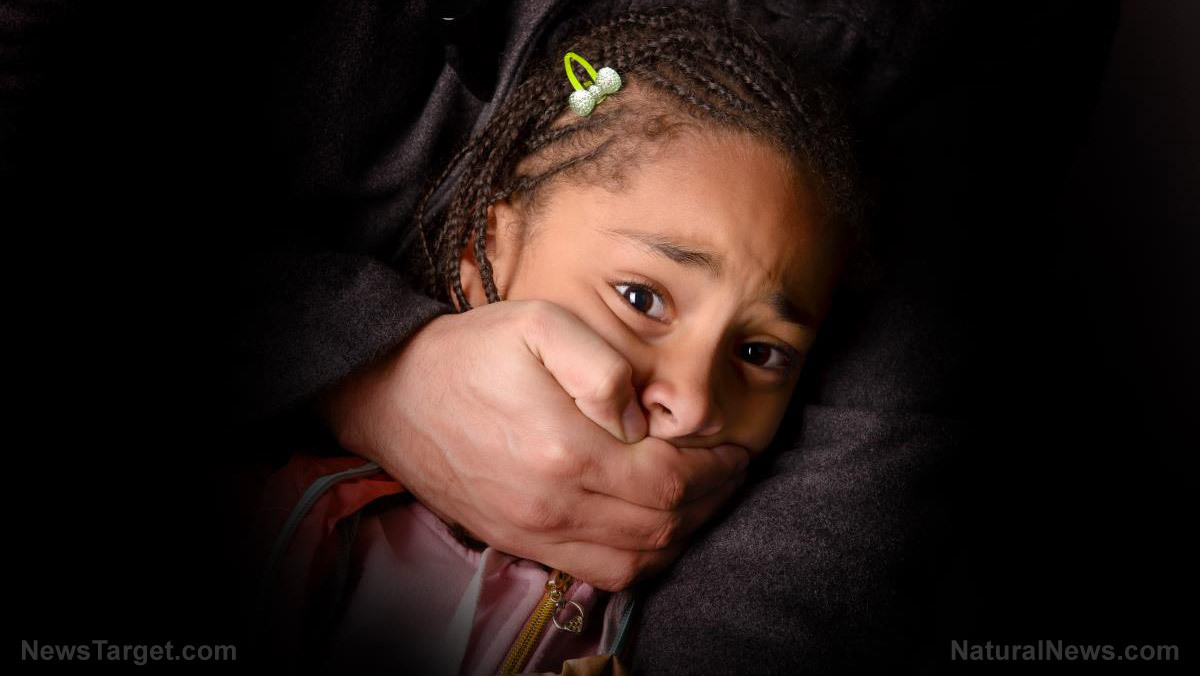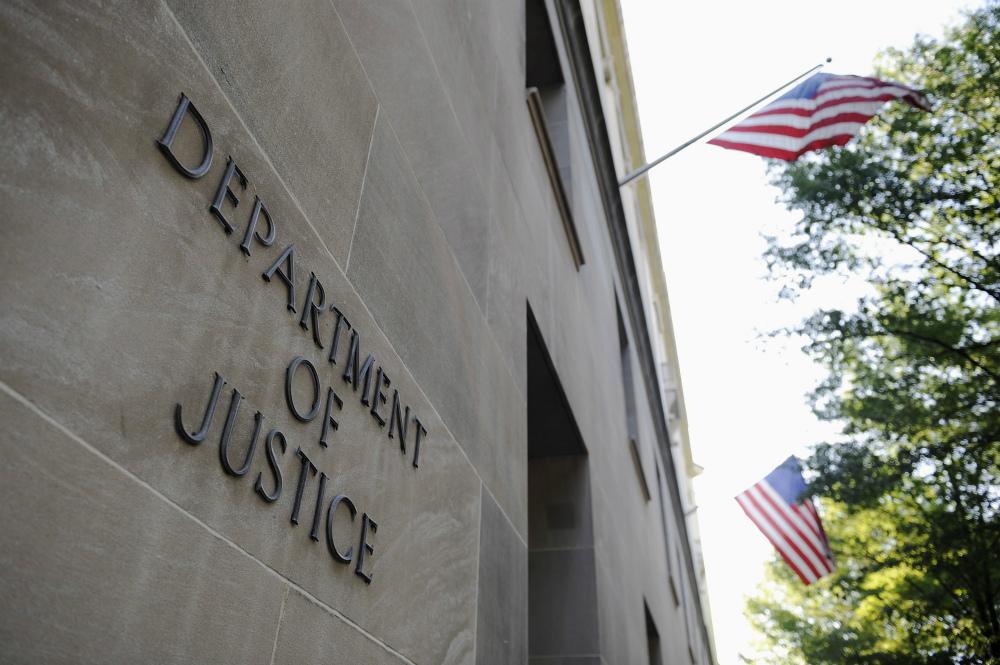
The end of the Ukraine-Russia conflict may be in sight as the sides could take part in comprehensive peace talks as soon as next month, German media is reporting.
An unofficial international meeting has already taken place in Copenhagen to discuss the possibility. The German state TV broadcaster ARD reported that senior officials from several countries took part in the meeting. Among them was U.S. National Security Advisor Jake Sullivan, who reportedly tried to convince neutral countries in the conflict, such as South Africa, Brazil and India, to join upcoming peace talks. Diplomats from several Western countries and China were also present. Sullivan and State Department official Victoria Nuland will be tasked with leading a “diplomatic offensive.”
However, the Financial Times reports that the officials are not confident they will succeed in convincing the “Global South” to pare back relations with Russia. South Africa, Brazil, China and India are all part of the BRICS economic bloc, along with Russia, and they have refused to impose sanctions on Russia over its actions in the conflict.
Nevertheless, Brazilian President Luiz Inacio Lula da Silva urged both sides to conduct peace negotiations last week, suggesting that parties that are not involved in the conflict could help mediate.
The potential negotiations were reportedly initiated by Ukraine. According to ARD, talks could get underway as soon as July.
This week, Danish Foreign Minister Lars Lokke Rasmussen said his nation would be willing to host peace talks between the warring countries. He stated: "If Ukraine finds that the time has come to have such a meeting, that would be fantastic.”
“Then Denmark would obviously like to host the meeting,” he announced, adding that it would require engagement from “countries like India, Brazil and China.”
He stated, however, that it was “hard for [him] to see” Russia participating in the talks.
Western and Ukrainian officials alike have said they do not envision Russia attending the summit. Instead, their goal is to create a broad coalition that can rally behind the Ukrainian government that includes major countries that have not imposed any sanctions on Russia or provided Ukraine with military aid in order to place diplomatic pressure on Russia.
At a meeting of EU foreign ministers, Rasmussen told reporters: “It is my interpretation that Putin is weakened, to some extent at least. And hopefully that could also have an impact on the rest of the world’s willingness to discuss a post-war situation in Ukraine.”
There are multiple obstacles on the road to peace talks
The two countries have said in the past that they are open to holding peace talks, but they have very different ideas about where negotiations should start.
Among Ukraine’s preconditions for such talks are restoring its territorial integrity and constructing “security architecture in the Euro-Atlantic space, including guarantees for Ukraine.”
Russia, meanwhile, has said that Ukraine must be “neutral” and abstain from joining the EU and NATO. They also insist that the international community must recognize the territories they have annexed before peace talks can get underway.
Russia has blamed Ukraine for avoiding peace talks, citing a decree that President Zelensky signed last year banning talks while Putin is still in power.
One senior official who was familiar with the talks said: “There was a general consensus emerging that it has to be based on principles of the UN Charter, such as territorial integrity and sovereignty.” They added that the closer that potential negotiations adhere to the charter and international law, the greater the chance of success.
Sources for this article include:
Please contact us for more information.

















